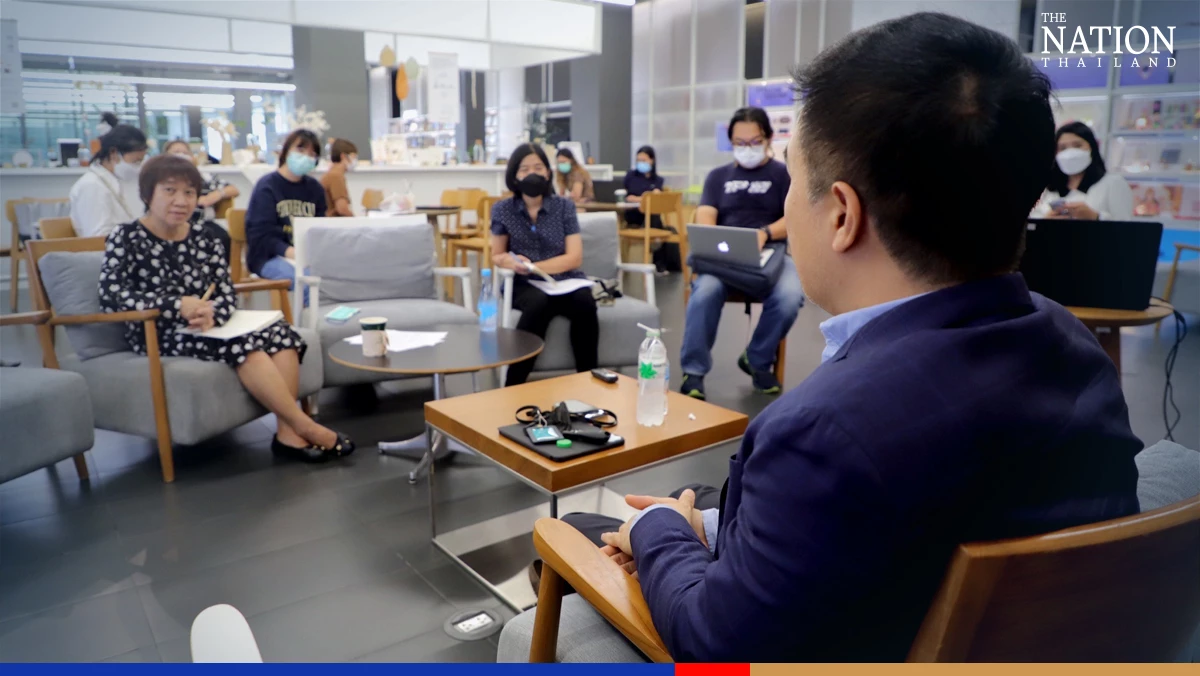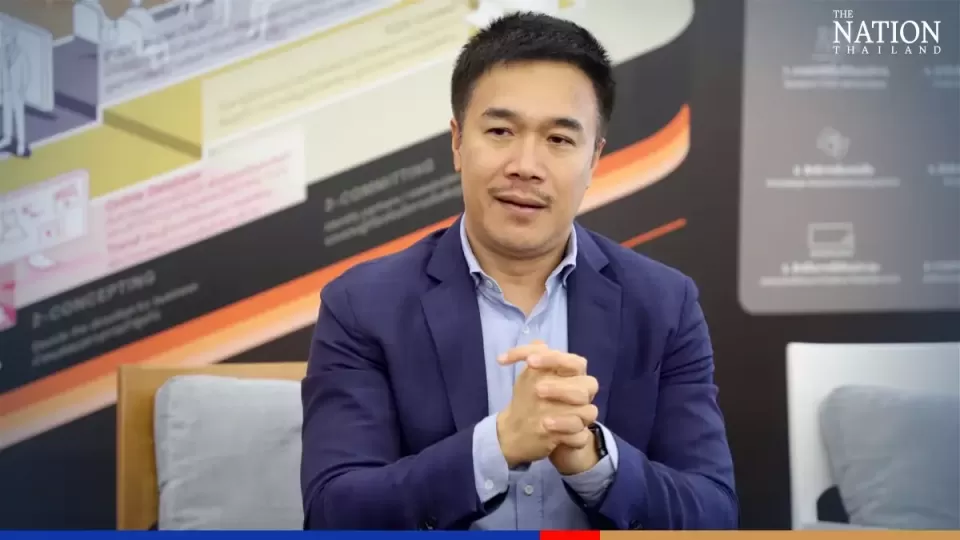August 30, 2022
BANGKOK – The government’s Creative Economy Agency (CEA), which unveiled the plan on Monday, said its focus would widen from the domestic market to adapting Thai cultural identity for export to the globe.
This would be achieved by boosting the creative economy – people, businesses and locations – under three strategies, CEA executive director Chakrit Pichyangkul told a Bangkok press conference.
He said the strategies are: to empower cultural assets and creative cities; to build creative business competitiveness; and to enter the global market.
Chakrit explained that CEA was established with a mission to promote 15 fields of the creative economy as the engine of a balanced and sustainable economy.
The creative economy, which accounted for 7.5 per cent of Thai GDP and an estimated 900,000 jobs in 2020, is growing at 1.2 per cent per year, he added.

Meanwhile, the Thailand Development Research Institute (TDRI) estimates Thai economic growth will more than double from 2025-2030 if businesses can fully leverage the creative economy.
The CEA said it is also connecting small operators with big business to encourage exchange of ideas and innovation that leads to investment.
Chakrit also unveiled two projects the CEA will launch in fiscal year 2023.
The first is a Content Lab to address the lack of Thai producers and screenwriters. The Content Lab will nurture budding talent with help from experienced experts while also matching their proposals with investors.
Meanwhile the Metaverse Ecosystem Lab will connect universities’ knowledge of virtual systems and software with industry’s wealth of equipment and resources to develop a domestic metaverse ecosystem. The CEA aims to develop a skilled metaverse workforce by building a sandbox for students and SME operators to test ideas with equipment.
Chakrit said his agency will also focus on the content industry as a way of selling Thai identity to the world via films, series, music and other media. He said this had been done before but in an unfocused way, so the CEA will focus on promoting specific Thai identities.
South Korea’s K-pop is a role model but Thai culture was different, so its many strengths would be promoted differently, he said.
He also pledged support for the gaming, animation, and e-sports industries, saying Thailand had to take advantage of technological disruption.
He cited the advent of digital photography, which led to job losses but also a whole new industry.
Therefore, the CEA will help build on existing Thai technology talent to build a skilled workforce to attract investment from overseas, he said.
Meanwhile, cooperation from public and private agencies was needed to help connect small operators with industries. He added that a “successful connection” would light up Thai identity on the global stage.


